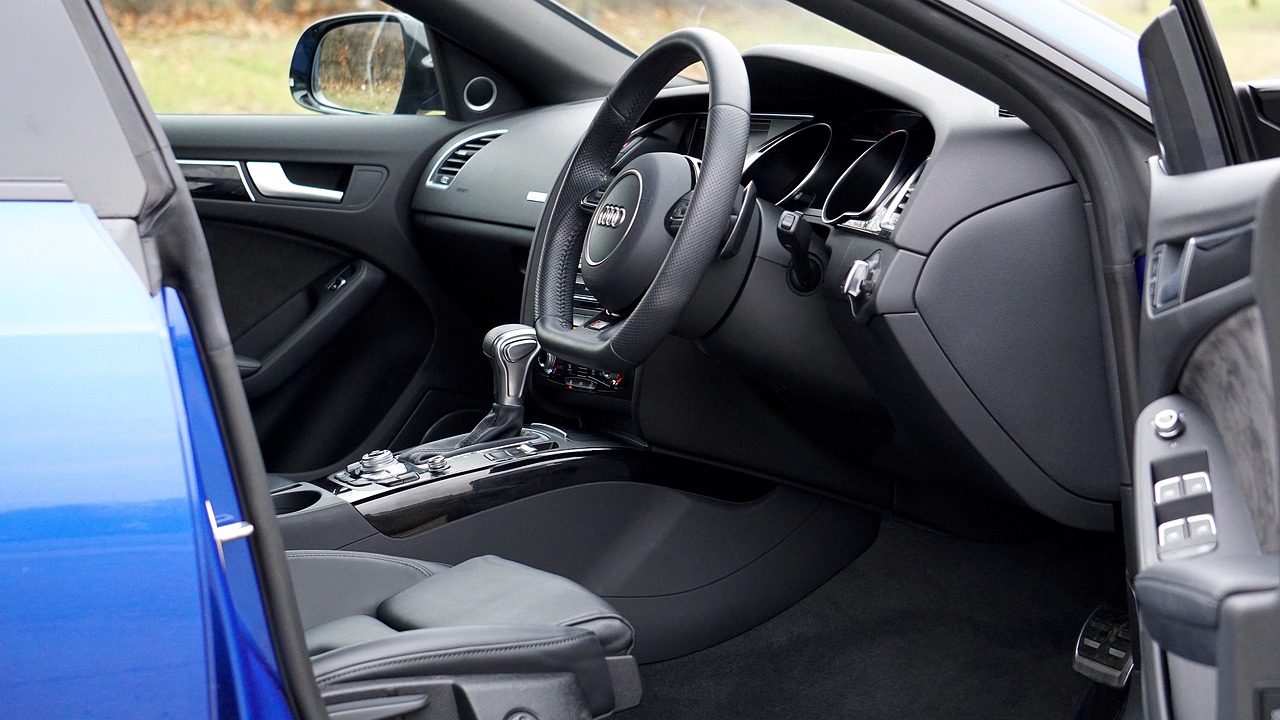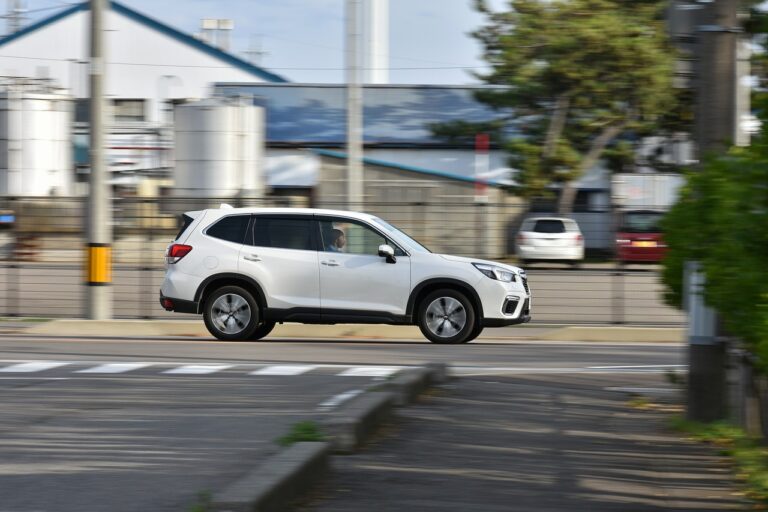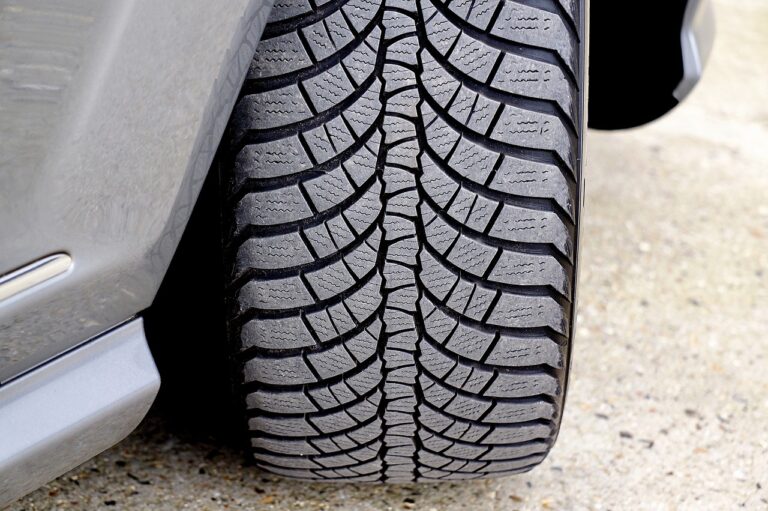The Evolution of Car Interior Design: From Functionality to Luxury
In today’s rapidly evolving technological landscape, the integration of smart features within car interiors has become a pivotal focus for manufacturers and designers alike. The inclusion of these advanced functionalities not only enhances the overall driving experience but also sets the stage for a more connected and convenient journey for drivers and passengers. From voice-activated controls to intuitive touchscreens, these smart features are seamlessly integrated into modern vehicle interiors, creating a harmonious blend of technology and design.
As consumer expectations continue to rise, automakers are continuously pushing the boundaries of innovation to deliver cutting-edge smart features that cater to the needs and preferences of a tech-savvy audience. With the advent of artificial intelligence and Internet of Things (IoT) technology, the possibilities for enhancing the car interior experience are virtually endless. Whether it’s personalized climate control settings, real-time traffic updates, or even autonomous driving capabilities, the integration of smart features is reshaping the way we interact with our vehicles on a fundamental level.
Future of Car Interior Design
The future of car interior design is rapidly evolving with advancements in technology and shifting consumer preferences. As technology continues to permeate all aspects of our lives, car interiors are becoming more integrated with smart features to enhance convenience and connectivity for drivers and passengers. Touchscreens, voice activation, and personalized settings are just a few examples of how technology is revolutionizing the way we interact with our vehicles.
In addition to technological innovations, the future of car interior design is also embracing sustainability and eco-friendliness. Automakers are incorporating more recycled and environmentally friendly materials into their designs, such as vegan leather and sustainable textiles. This focus on sustainability not only aligns with consumer demands for environmentally conscious products but also contributes to reducing the carbon footprint of the automotive industry.
– Touchscreens, voice activation, and personalized settings are revolutionizing the way we interact with vehicles
– Integration of smart features enhances convenience and connectivity for drivers and passengers
– Sustainability is a key focus in car interior design
– Automakers are incorporating recycled and environmentally friendly materials such as vegan leather and sustainable textiles
– Focus on sustainability aligns with consumer demands for environmentally conscious products
Impact of Autonomous Vehicles on Interior Design.
As the automotive industry advances towards autonomous vehicles, the interior design of cars is undergoing a significant transformation. With the reduced need for human control, traditional seating arrangements may no longer be necessary. This shift opens up opportunities for more flexible and innovative interior layouts that cater to the evolving needs and preferences of passengers.
Furthermore, with autonomous driving technology taking the wheel, vehicle interiors are shifting towards becoming more of a multi-functional and personalized space rather than just a mode of transportation. This evolution entails integrating advanced technologies, such as AI-powered voice assistants, interactive displays, and integrated entertainment systems, to enhance the overall passenger experience and comfort inside the vehicle.
How will autonomous vehicles impact interior design?
Autonomous vehicles will enable designers to focus on creating more functional and comfortable interiors, as there will be no need for traditional driver-focused features.
What are some smart features that could be integrated into autonomous vehicle interiors?
Smart features such as voice-controlled systems, augmented reality displays, and personalized settings could enhance the user experience in autonomous vehicles.
What is the future of car interior design with the rise of autonomous vehicles?
The future of car interior design will likely prioritize comfort, convenience, and connectivity, as passengers will have more leisure time to spend in the vehicle.
Will autonomous vehicles lead to a shift in the way we view transportation?
Yes, autonomous vehicles have the potential to transform the way we think about transportation, as they offer a more seamless and convenient travel experience for passengers.







